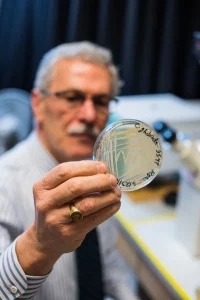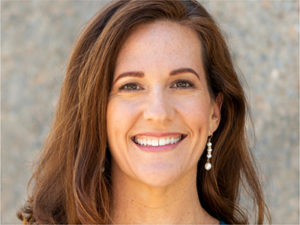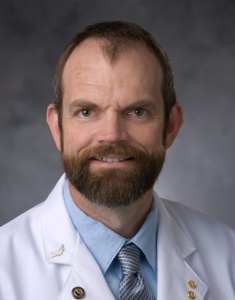
Podcast: Play in new window | Download
Dr. Ana-Maria Temple, MD, is an integrative pediatrician known for her whole child approach to children’s health. She studied medicine at the University of North Carolina at Chapel Hill School of Medicine before pursuing pediatric residency training at Penn State Milton S. Hershey Medical Center. In 2017, Dr. Temple further specialized by completing a fellowship in Functional Medicine at the Cleveland Clinic Foundation. She combines conventional medicine with functional and lifestyle-based strategies to address common childhood conditions such as eczema, asthma, and allergies. Dr. Temple has a particular focus on helping families reduce dependence on medications by making sustainable health and wellness changes.
With decades of clinical experience, Dr. Temple has been a vocal advocate for preventive care, emphasizing nutrition, environmental changes, and integrative treatments. She is the author of the two bestselling books Healthy Kids in an Unhealthy World and Ending the Eczema Epidemic. Additionally, Dr. Temple is a sought-after speaker and podcast guest, sharing her expertise on holistic pediatric care through various platforms. Today, we focus on her approach to eczema and children’s health.
Enjoy,
Dr. M




















